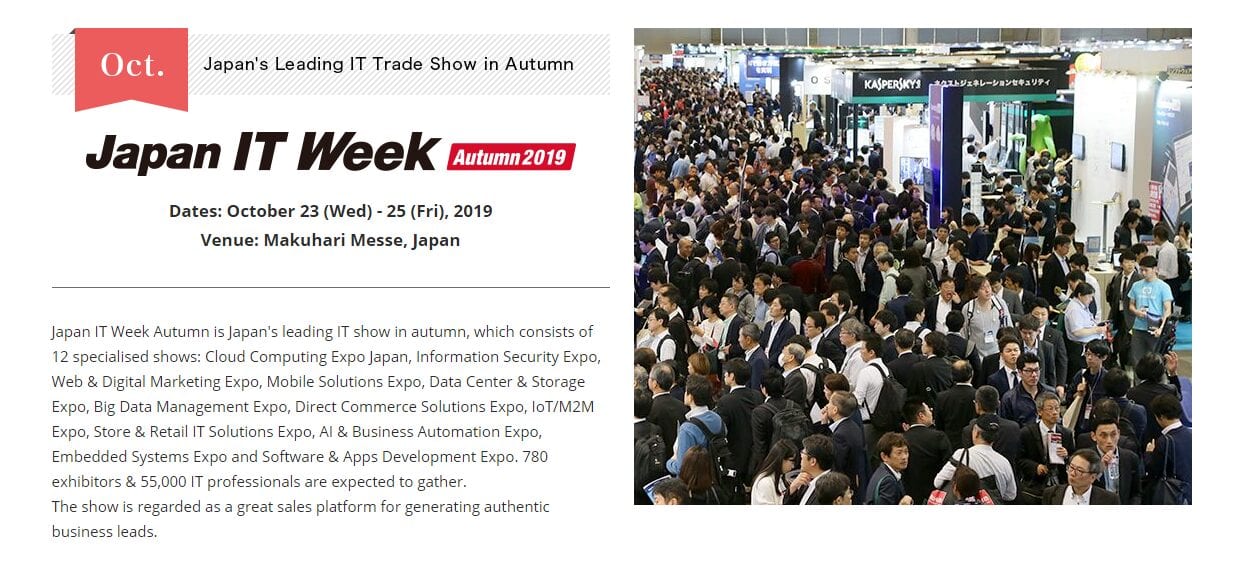
Participating in a conference as a delegate is not a big deal. However, being as a speaker in a conference hosted by the government is, absolutely, something to brag a little.
This article is original on one of ITware colleagues’ LinkedIn profile (click here).

This time, the showtime is on our dearest partner Mr Masatoshi Hiroura, the CEO of FB Triangle from Tokyo, Japan. He delivered a fantastic presentation about the Sunbears development background in the title of “Japanese culture background in innovation” at the Innovation and Sports Conference (last Thursday, May 10th) in Hungary.
The objective of this conference is to boost the discussion and implementation around updated, creative and innovative ideas so as to assist the success of the athletes and experts in the severe domestic and global sports fields. Meanwhile, this is also about contributing to pulling up the success rates in the Olympic games.
In the conference, as delegates, we talked through the innovative social role of sports, introduced the latest practices and raised proposals in together with suggestions around the integration of the innovative approach into both the planning methodology of different branches of sport and the actual realization on the level of sports clubs. Several other major topics of this year to be mentioned: cognitive and mental development, performance diagnostics, sports facility management and inclusive sports.

A briefing about our partner’s presentation
SunBears Cloud Services, in short SBCS, is the most recent Cloud-based score-book application tailored for individual ice hockey team. This application is released by FBTriangle with the help of developers from ITware, being embedded with the methodology of “Suzuki tools“. According to the Head Coach, the most sensitive and complex factor to be taken into consideration is the measure of the ice time.
“The most important feature is not about bringing unique analysis of those match-winning strategies, but providing a data tool for players to become athletes on different levels.”
Mr Masatoshi introduced that this concept was interpreted from the “Suzuki method” and emphasized repetitively throughout the whole development process. He also mentioned several profound questions for the audience to ruminate:
- Why and how are we judging our own athletes?
- How will those inaccurate judgements affect their athlete careers?
- What consequences will those judgements beget outside the sports fields?
- Why don’t we change our attitudes and start making changes to affect our athletes from this moment onwards?

Sports in Japanese social system
Games to Enjoy, compared to Battles to fight, is likely a more appropriate understanding of Sports in the Japanese culture. Martial arts cherish the idea of politeness. Sumo wrestlers fight with pride for their triumph for the sake that they strongly respect their opponents at the same level as the spirit of competition. In Japan, humanity is an eternal topic, even shown in the sports. The Head Coach, grown up and highly affected in such environment, always drops the question for us: How can we develop the leadership and creativity via our application?
School and Club teams
According to a recent social research, 87.8% of Japan elementary schools have swimming pools. Pupils in Japan have been being taught about swimming, reading, writing and using Soroban (a type of Japanese Mathematics Education) since the Edo period dated back to more than 400 years ago. Unlike Sports teams in Europe, Japanese develop all those marvellous athletes around the world simply by conducting the violin technique “Suzuki method” (Music Education Method).
Conclusion
SBCS, this unique application, the perfect combination of Japanese sensor technology and oriental cultural wisdom and Hungarian eastern software development skills, is highly needed for the ice hockey field!
For more details, please visit www.sunbears.com or www.itware.eu.








